EU leaders clinch reform treaty deal
The EU leaders agreed on a "precise mandate" to draft a streamlined constitution that will guide and govern the expanded EU.
Saturday, 23.06.2007.
09:48

EU leaders clinch reform treaty deal
"I will give you a good piece of news. We have just come to an agreement on a very precise mandate... for a simplified treaty," French President Nicolas Sarkozy told journalists.Leaders of several countries, including Sarkozy, convinced Polish President Lech Kaczynski to accept a compromise on changes to the bloc's voting rights in a new treaty in exchange for a long delay in their introduction.
"They convinced him and there was a deal," Spain's Europe minister, Alberto Navarro, told Reuters.
Chancellor Angela Merkel, chairing the summit at the end of Germany's presidency of the EU, had struggled to break Poland's opposition to the treaty which would cut Warsaw's voting power and give more say to big countries, especially Germany.
Merkel eventually threatened to launch treaty negotiations regardless of Warsaw's objections.
The treaty will preserve key features of the constitution such as the creation of a long-term president of the Union, a foreign policy chief with increased powers to represent the EU on the world stage, and a bigger say for the European and national parliaments.
Poland finally settled for a deal that put off introduction of the full application of the new decision-making procedure until 2017 along with other concessions proposed by Germany, diplomats said.
Warsaw was also offered pledges of solidarity by the rest of the bloc in the event of future energy crises, a big concern of Poland which is heavily dependent on imports from giant gas and oil exporter Russia, its neighbor and former communist master.
Sarkozy and the leaders of Spain, Lithuania and Luxembourg all helped mediate with Poland, partly to overcome the ruling Kaczynski twins' historical aversion to Germany, reflected in bitter remarks about Poles' suffering during World War Two.
Britain had strong concerns about the treaty as well but said it was confident the deal met all of its "red lines" on sensitive issues such as expanding EU powers over labor and justice.
London won a convoluted exemption from the application of a legally binding EU Charter of Fundamental Rights in Britain.
A spokesman for Prime Minister Tony Blair said the deal would not require Britain to hold a referendum on the treaty.
But after British and Polish objections were overcome, the leaders wrangled long into the night over reservations by nine other states, angered at concessions made to the more Eurosceptic nations.
Outgoing Belgian Prime Minister Guy Verhofstadt, torpedoed by Britain in 2004 for the presidency of the European Commission, proved most resistant.
Several countries also objected to a clause on morality and family law, meant to appease Poland, which they argued undermined the EU's commitment to civil rights, diplomats said.
Merkel warned them not to unpick what she called a global package. The deal was vital to enable the EU to tackle challenges such as global warming, cope with its enlargement from 15 to 27 member states and create the conditions for future expansion, she said.
Eurosceptic critics fear a dilution of national sovereignty but many of the 18 countries that had ratified the constitution were dismayed to see the document watered down.
The leaders earlier agreed on a new official to run EU foreign policy, to be styled High Representative of the Union for Foreign Affairs and Security Policy.
It will combine the existing jobs of foreign policy chief Javier Solana, who does mostly crisis management, and External Relations Commissioner Benita Ferrero-Waldner, who controls the executive European Commission's big aid budget.
The new foreign policy chief will chair meetings of EU foreign ministers and head a combined external action service drawing on both national and EU diplomats.



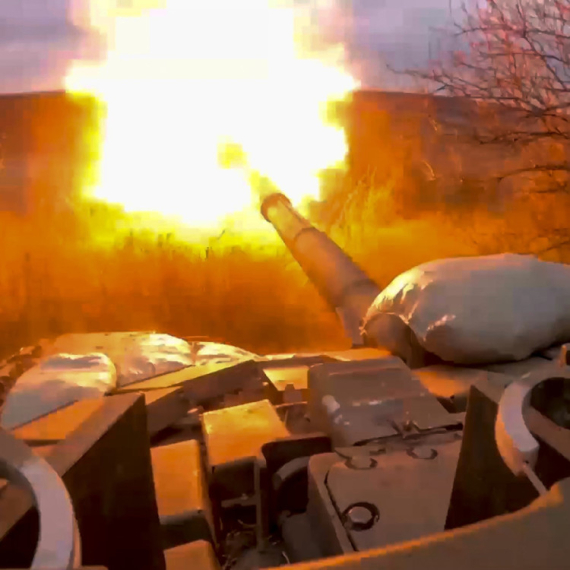
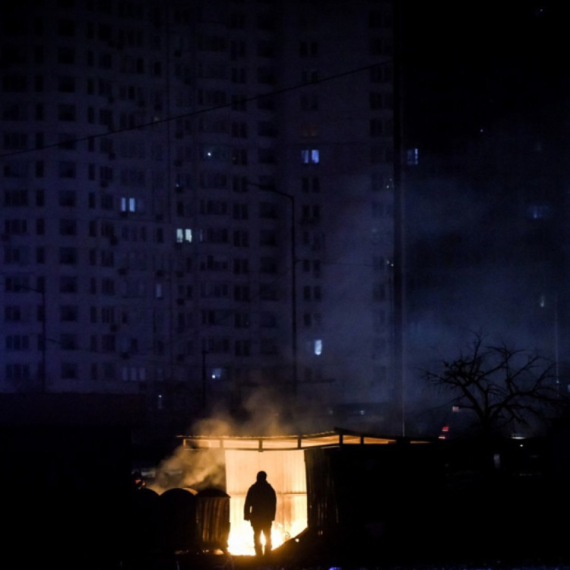
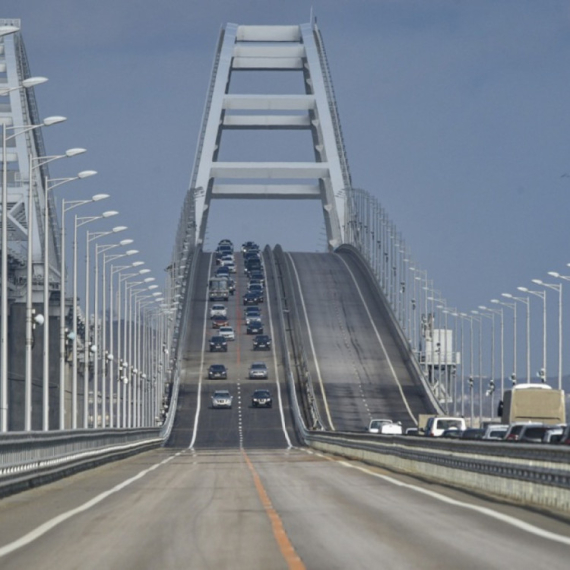
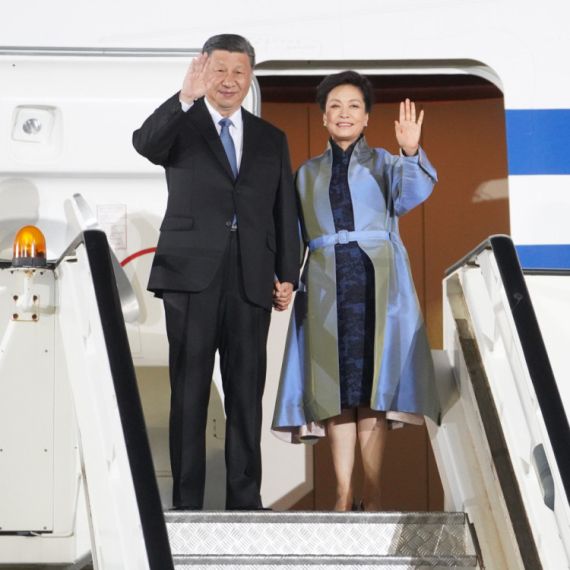




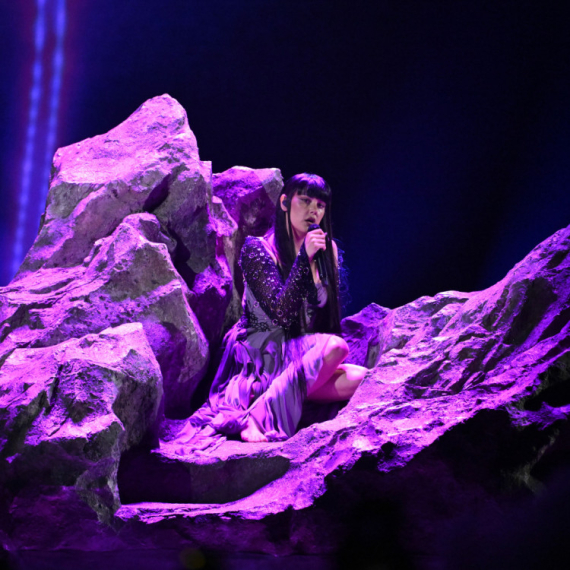

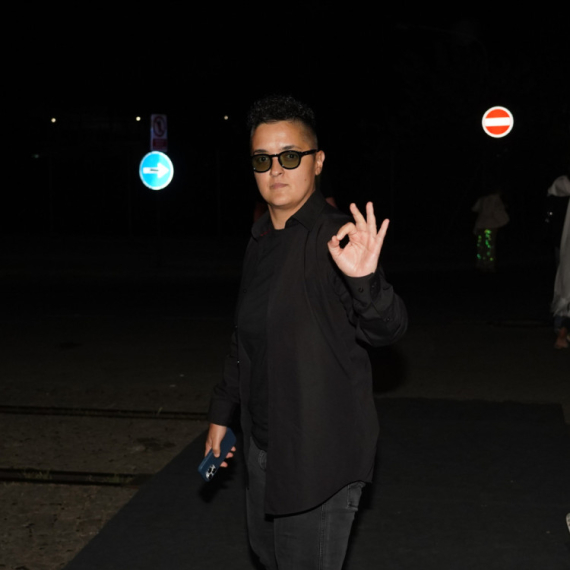
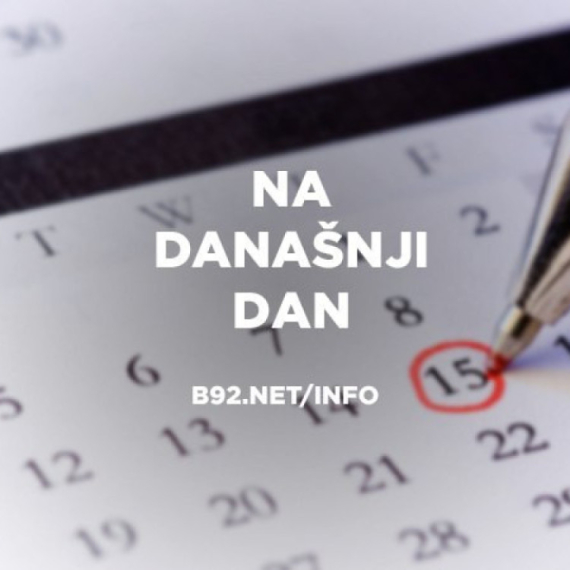
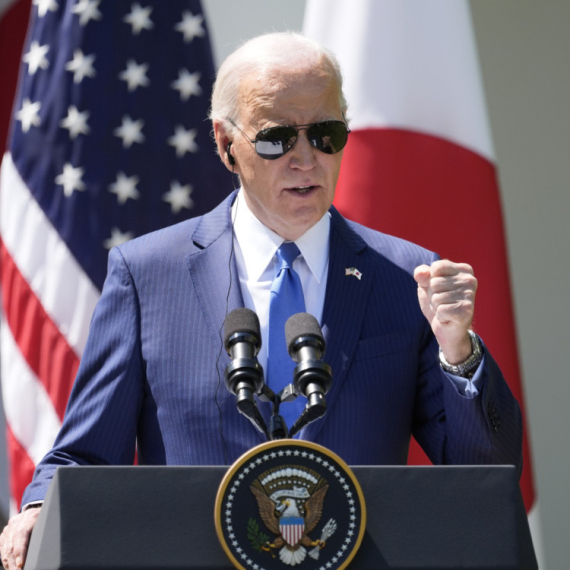
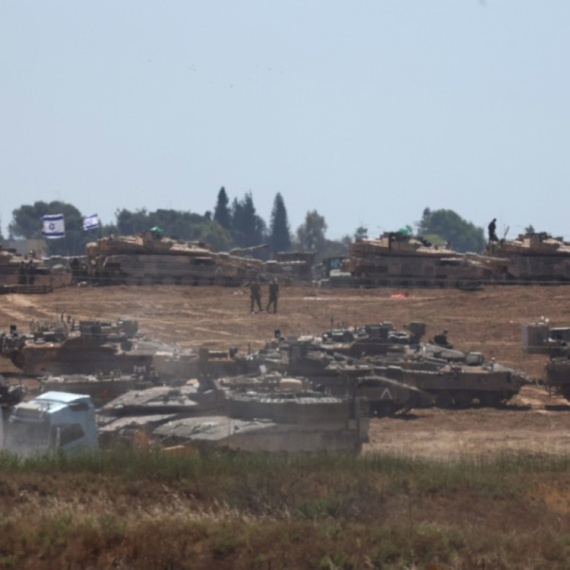
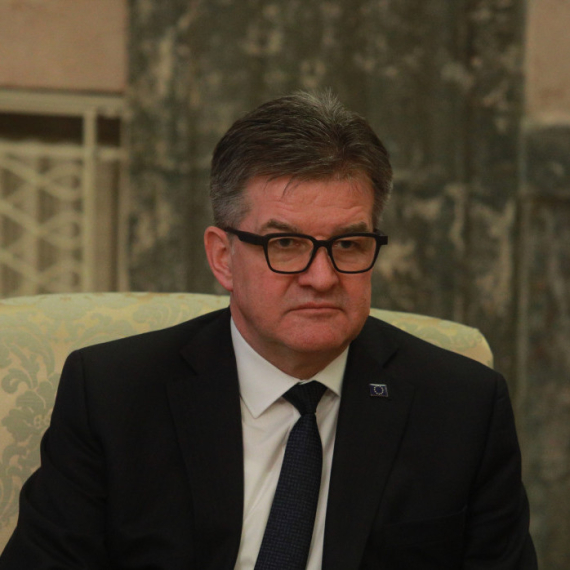






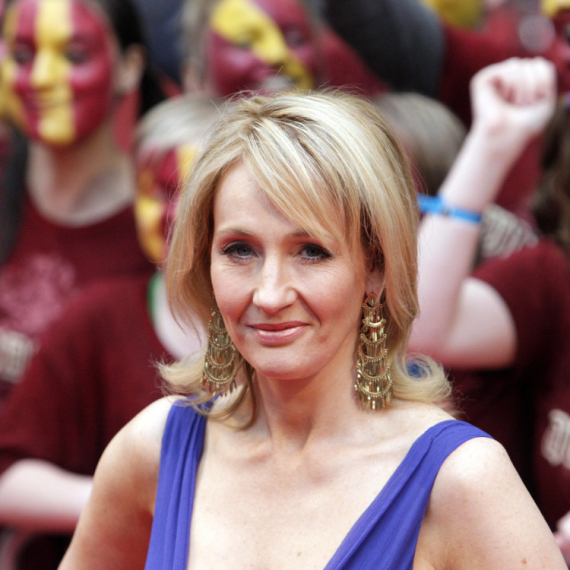
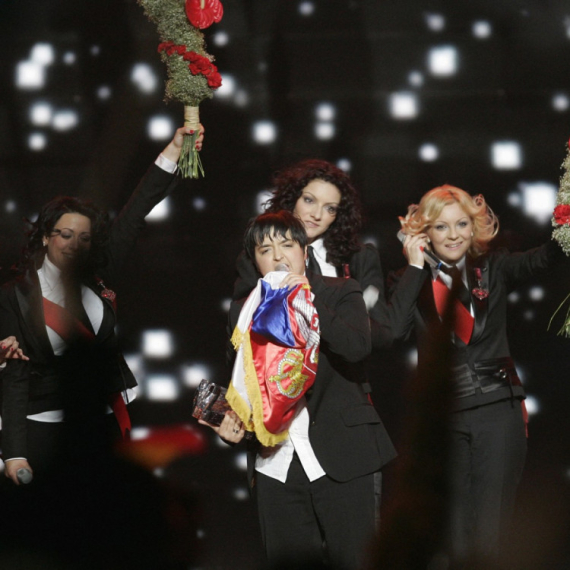
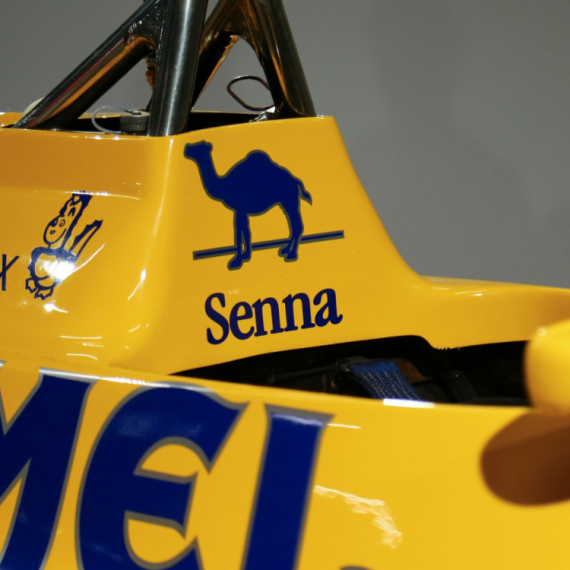
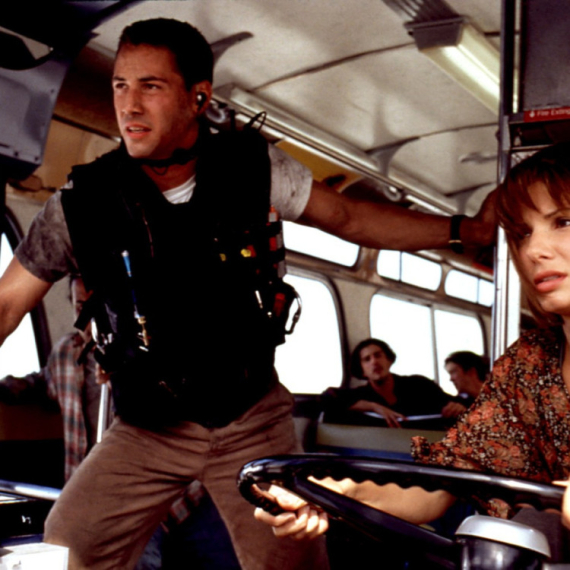

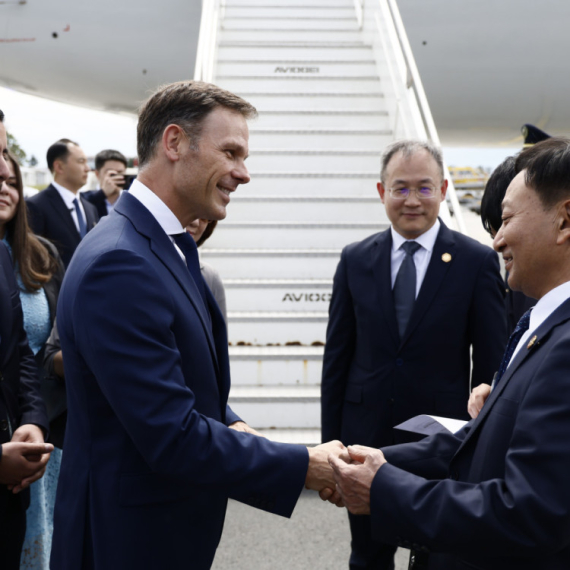
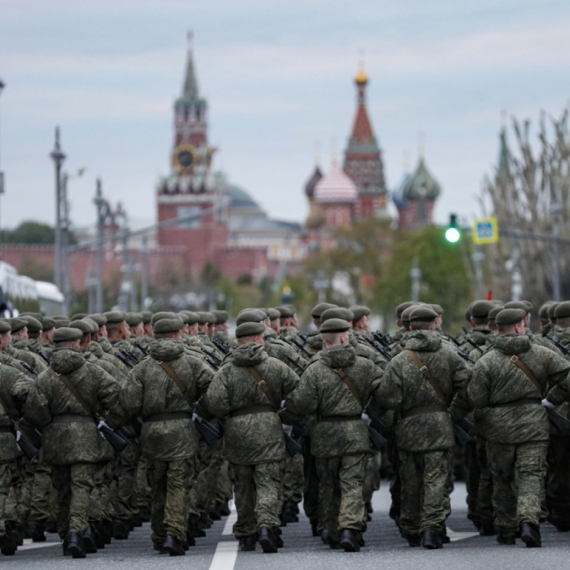

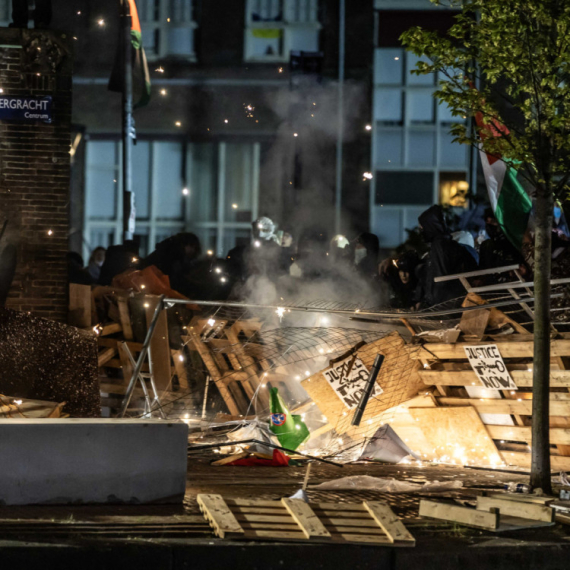

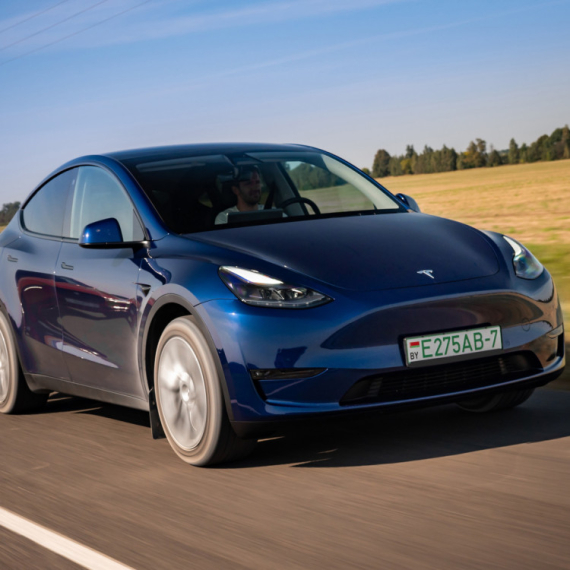


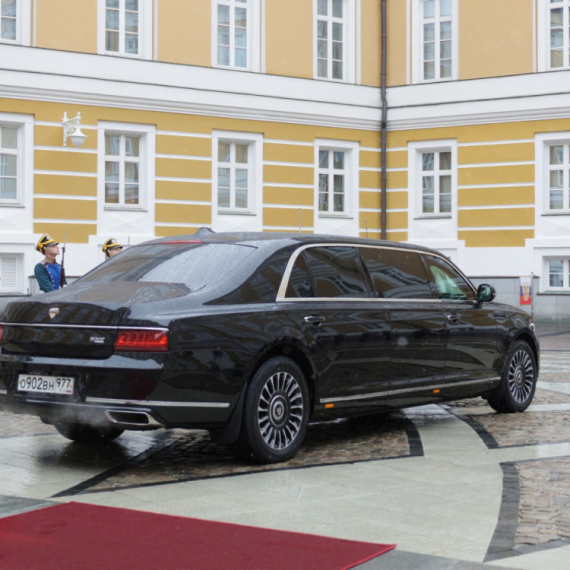


Komentari 0